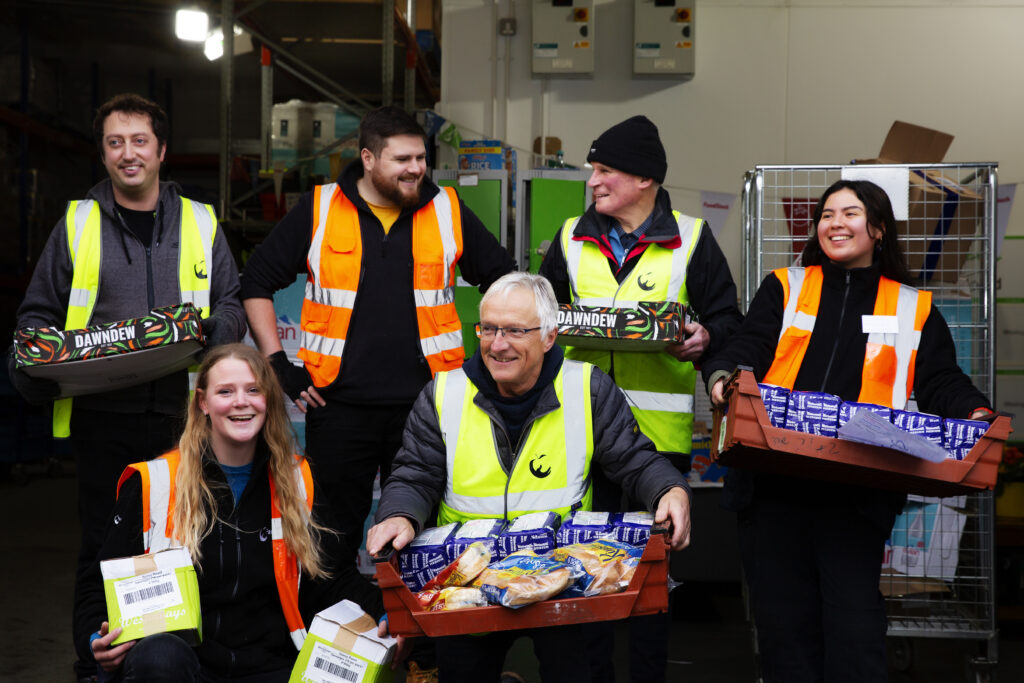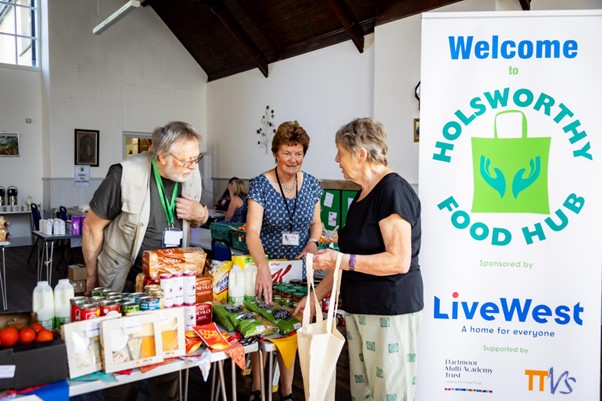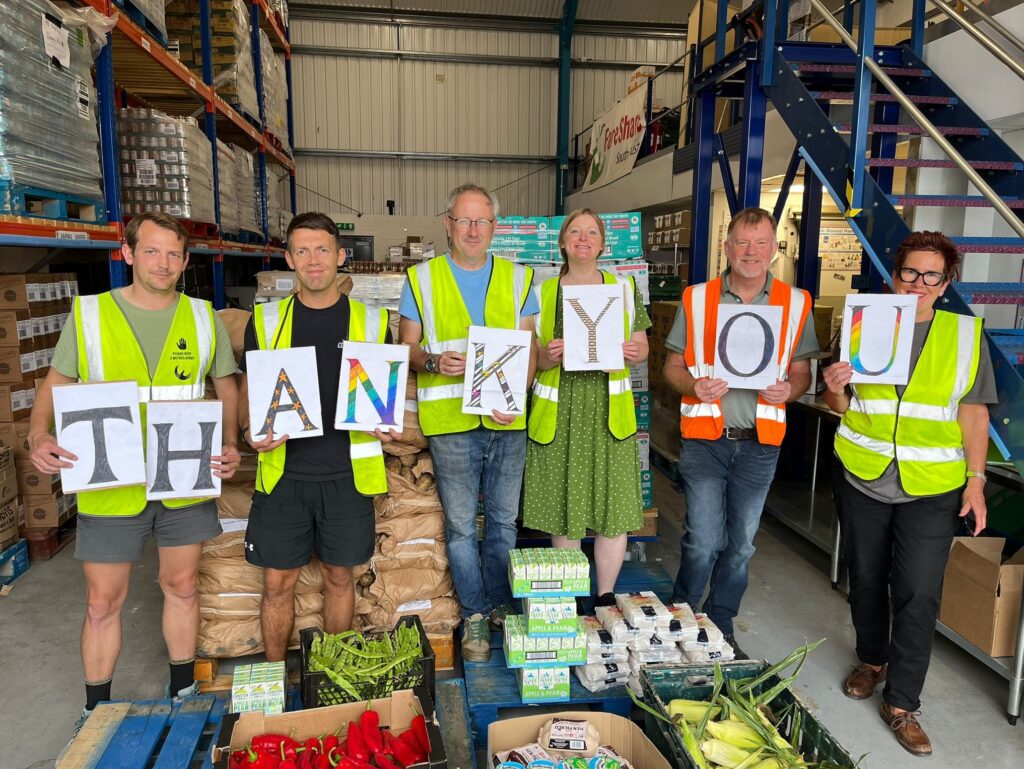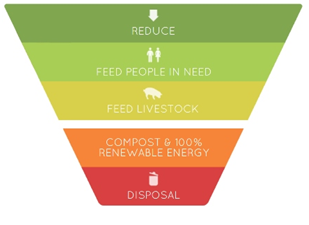Why FareShare South West’s mission matters, and her exciting plans for the future
As we prepare to bid a fond farewell to Gene Joyner, we caught up with Lucy Bearn, incoming FareShare South West CEO.
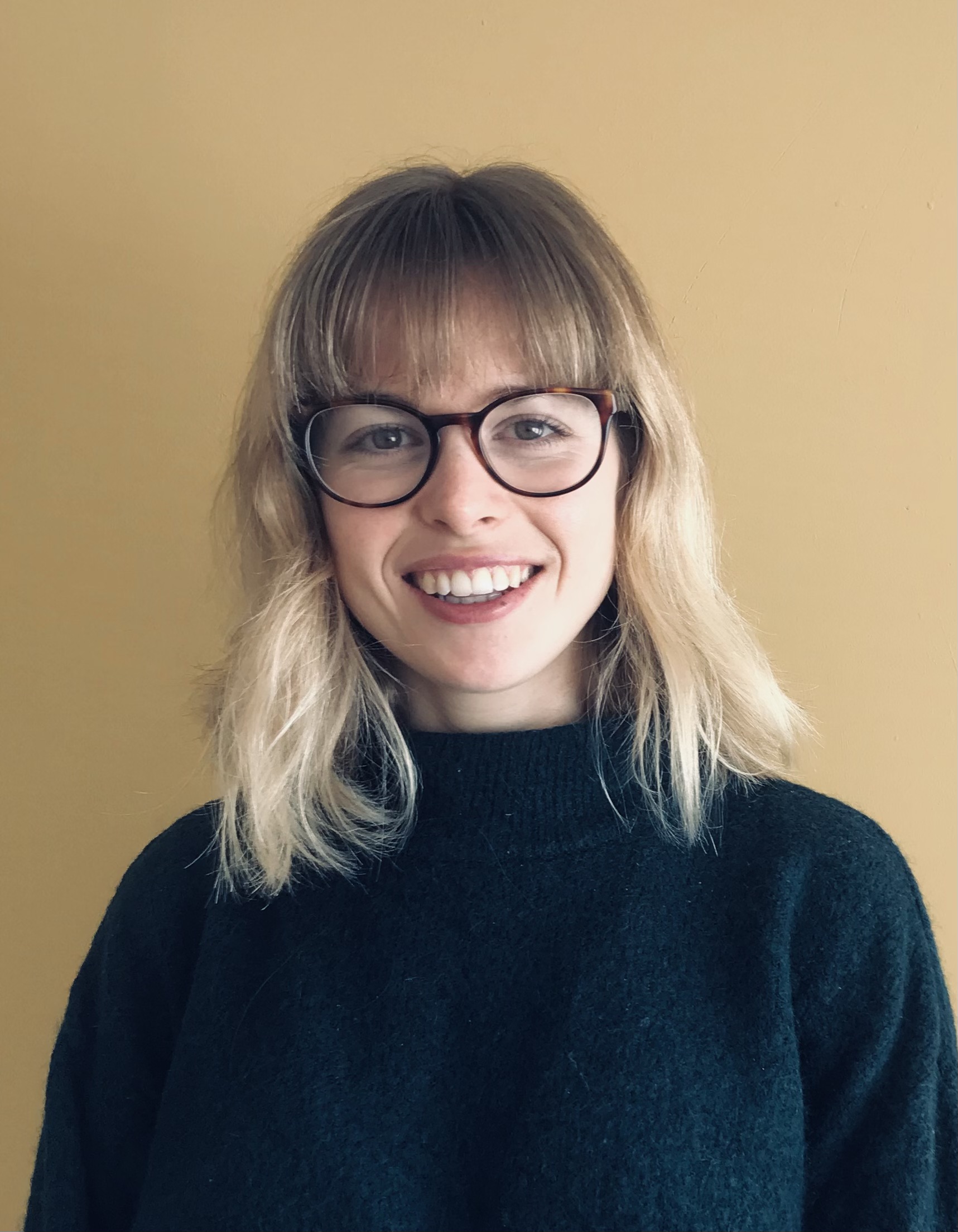
“I found FareShare South West accidentally, back in 2018. You find a lot of charities that have one aim, and I loved that there were so many different strings to what FareShare South West did. It was something so simple but amazing: that you could see two massive issues – food insecurity, and then food going to waste that perfectly edible – and alleviate one with the other.
“My background is as an engineer, and I like tangible things.
“I fell in love when I arrived in that busy warehouse and you could see it, hold it. No matter what happens in your day, you’re so attached and you’re so alive to what you’re achieving.
“When I started as Customer and Operations Officer, I was the fifth member of staff, and we all just joined in. A lot has happened in the last few years that has made us grow into something that none of us could’ve predicted: four warehouses across the region, now working in Devon and Cornwall as well as across Bristol, Gloucestershire and BANES; launching our employability programme; working in intentional collaboration with so many projects.
“We’ve grown for really sad reasons – what happened throughout the pandemic, and everything now with the cost of living crisis.
When I first started, it was one in five children living in Bristol who were living in poverty, then it was one in four, and now it’s closer to one in three and that’s just really sad.
“But since Covid, we’ve grown in other ways, building new connections and partnerships, so that our work isn’t just let’s get food in and send it out. Our work now is intentional: we’re working closer with local councils, we’re working closer with funders, and that feels very special and powerful, and a lot of that came about during the pandemic with everyone working together.
“I think the food industry has got much more behind us too; there’s much more awareness about climate change.
“More people are speaking openly about food insecurity too, and that’s incredibly powerful – Marcus Rashford helped with a lot of that.
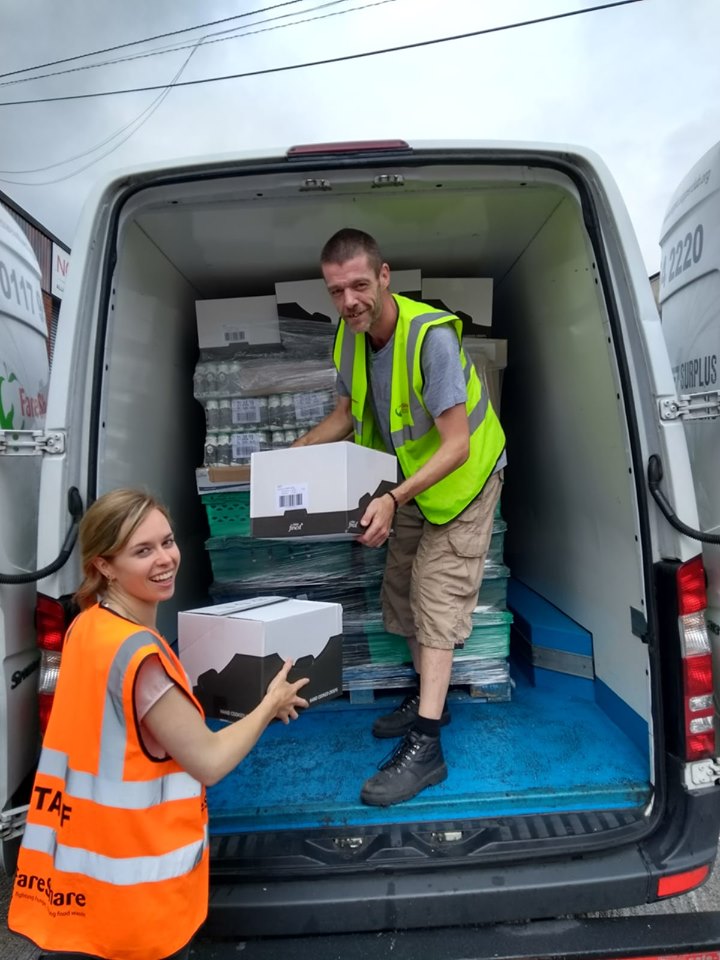
“What excites me? We’ve got this amazing workforce of volunteers who for whatever reason, stay with us, work with us, might move into work as a result, and that’s something we don’t celebrate enough.
We know getting food into people’s bellies changes people’s lives, but what our volunteers and staff achieve together is so impactful.
“That’s the next step we’re looking at – our volunteer programme and FareChance, our employability programme: I’m really excited about how that will grow and become more intentional too, connecting with food projects to show the power of food: not just food on a plate but what goes around that – tackling loneliness, a food pantry where someone’s also accessing other services, that wider social impact.
“I’m also very excited about what we’re doing in Devon and Cornwall. It has its own unique challenges with the rurality, but it’s also different for us because there are amazing organisations doing wonderful things there already. We don’t want to replace any of that – it’s all about intentional collaborative working. Shelley, who heads the Devon and Cornwall region, has been working in that area for so long, and we know there’s so much more we can do to support the organisations already in place, if we can source more food.
“So that’s a big challenge: local food sourcing. But it’s an exciting challenge too. I love everything about our charity: what we do is unique.”
Get involved
If, like Lucy, you’re inspired by our mission to tackle food insecurity and food waste for people and planet, there are many ways to get involved.


